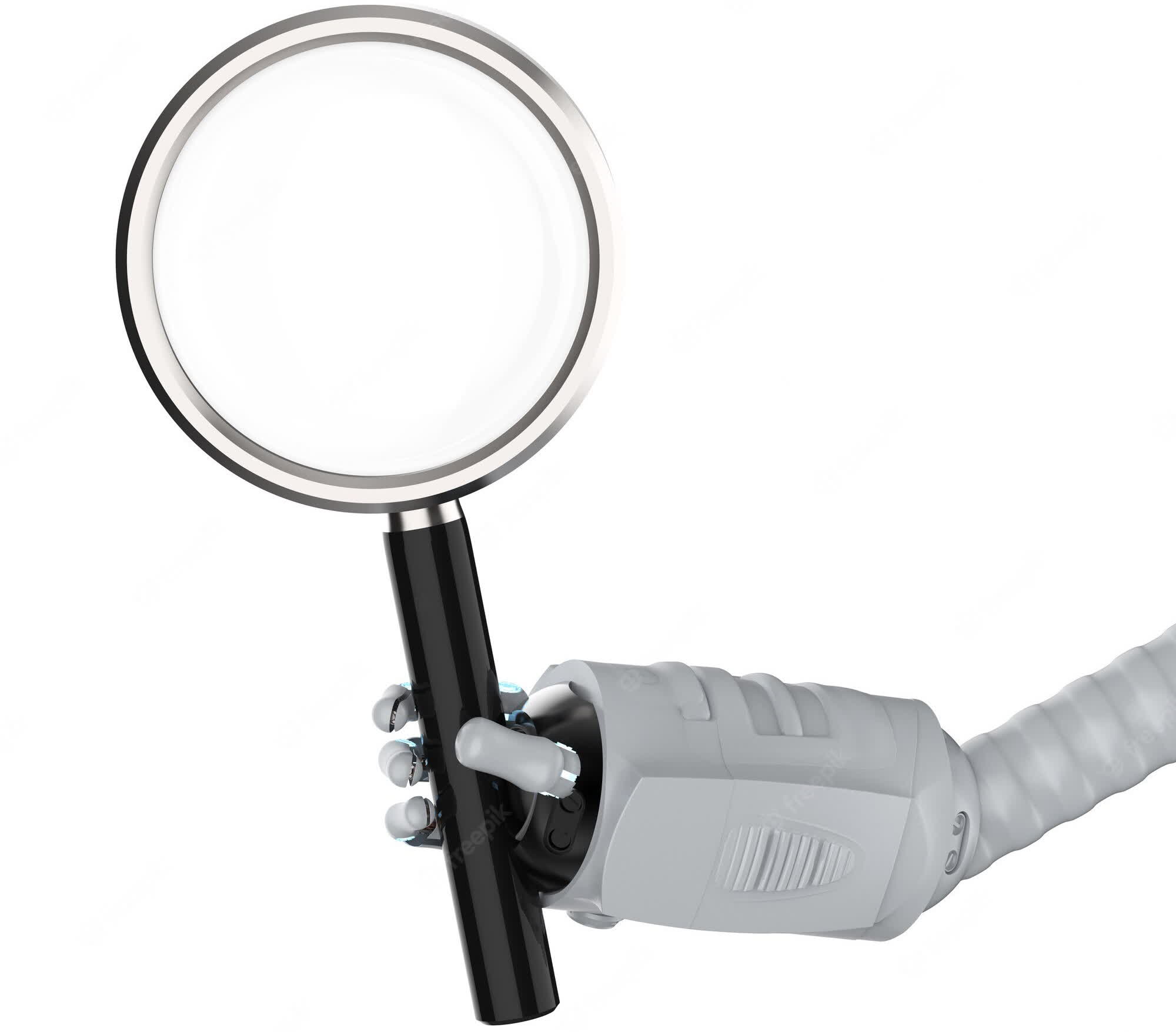
[ad_1]
Highly anticipated: Just a few months after its launch in prototype form, ChatGPT could soon become a ubiquitous AI tool for professionals and consumers alike. It’s starting with Microsoft’s Bing, which is seemingly being turned into the first mass-marketed search engine powered by generative algorithms.
Microsoft has recently strengthened its partnership with OpenAI, integrating several AI services into the Azure cloud platform and investing an additional $10 billion into the San Francisco-based research lab. Now, the Redmond giant is about to turn OpenAI’s ChatGPT into the foundation of a potentially next-gen, “intelligent” search engine for the web.
According to an unconfirmed report by Semafor, the integration between Bing and ChatGPT’s chatbot capabilities will arrive in the coming weeks. Microsoft will employ OpenAI’s GPT-4 language model, which is a faster version of the GPT-3.x machine learning model currently used by the aforementioned ChatGPT.
Speed is indeed an essential prerequisite for a search engine, and GPT-4 can seemingly provide answers to textual prompts in a matter of seconds compared to the few minutes needed for GPT-3/ChatGPT. With a GPT4-powered version of Bing available to the public, Microsoft could give its ailing search engine a fighting chance to finally challenge Google’s iron grip over online search and contextual advertising.
Google is of course working on its own ML chatbot for web search and other services, having recently called founders Larry Page and Sergey Brin back from retirement to help. Users could soon test how the idea of a search engine answering a query in a colloquial way really works – or if it’s really a good idea at all.

OpenAI is thinking about the future as well, even though this time it’s for its own sake. After the previous rumors and indiscretions, the organization has now officially introduced a paid “pilot” subscription named ChatGPT Plus.
Just like the free version of ChatGPT, the new Plus service provides a conversational AI that “can chat with you, answer follow-up questions, and challenge incorrect assumptions.” By paying $20 per month, users will receive some additional benefits such as general access to ChatGPT even during peak hours, faster response times (maybe via a new and improved ML model?), and priority access to upcoming features and improvements.
ChatGPT Plus will be available to customers residing in the US, as OpenAI is beginning to “invite” people from the service waitlist in the coming weeks. Expanded access and support for additional countries will come at a later date.
As for the free version of ChatGPT, OpenAI says it will continue to offer the service with the same limitations and capabilities. The paid subscription will be used to “support free access availability” as much as to fund the organization’s operations and research activities. Millions of free users have given their feedback thus far, and OpenAI is already thinking about the next steps for ChatGPT’s evolution like a mobile app and a proper Application Programming Interface (API).
[ad_2]